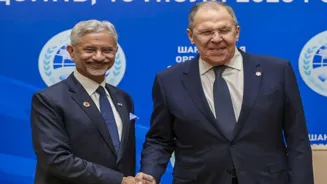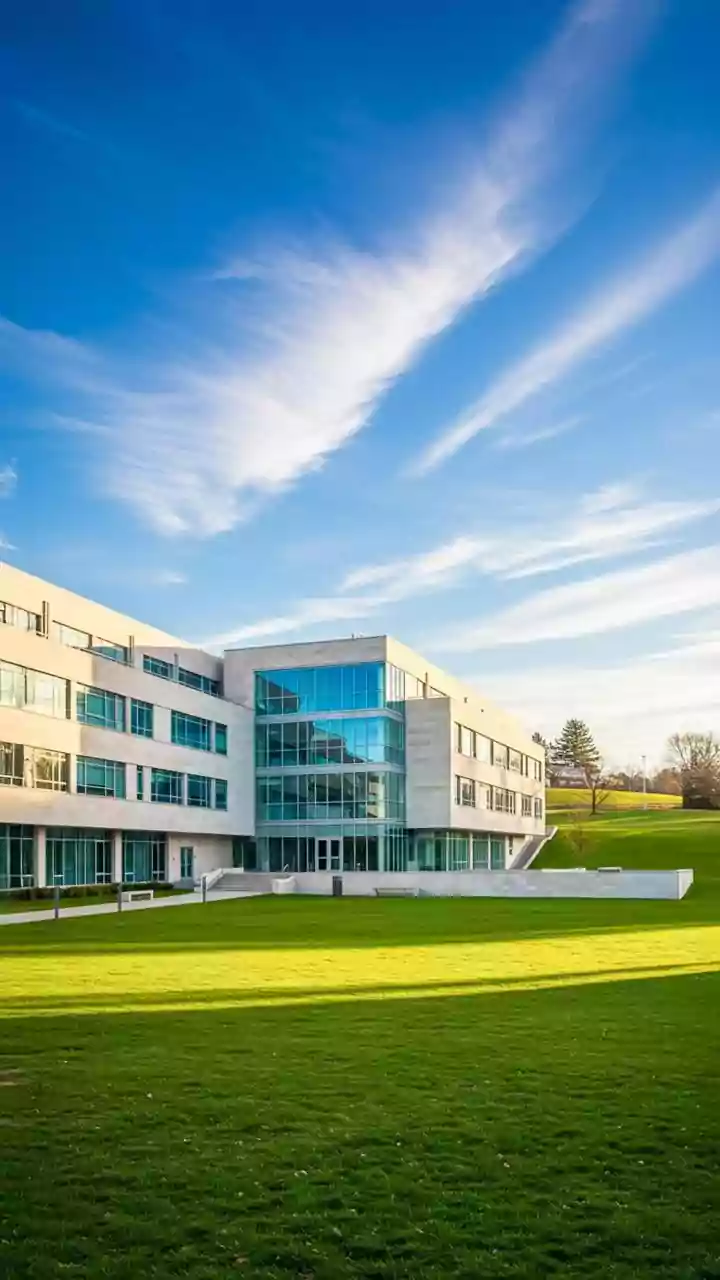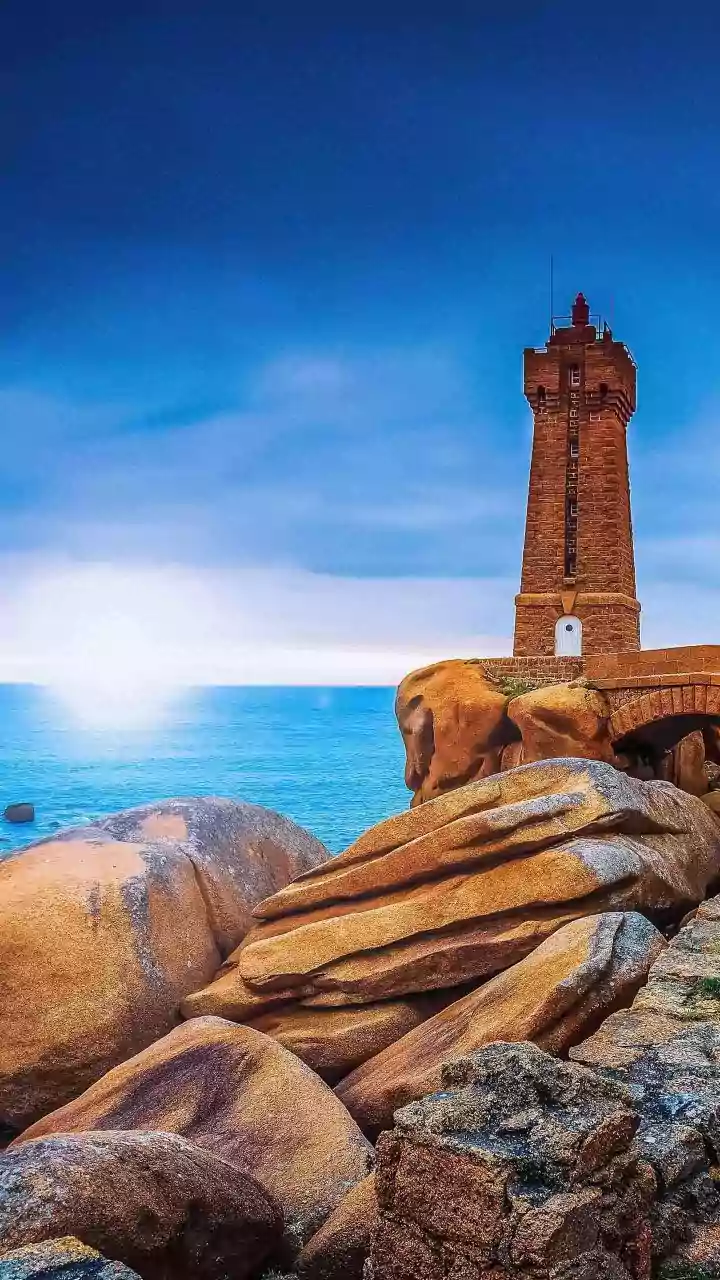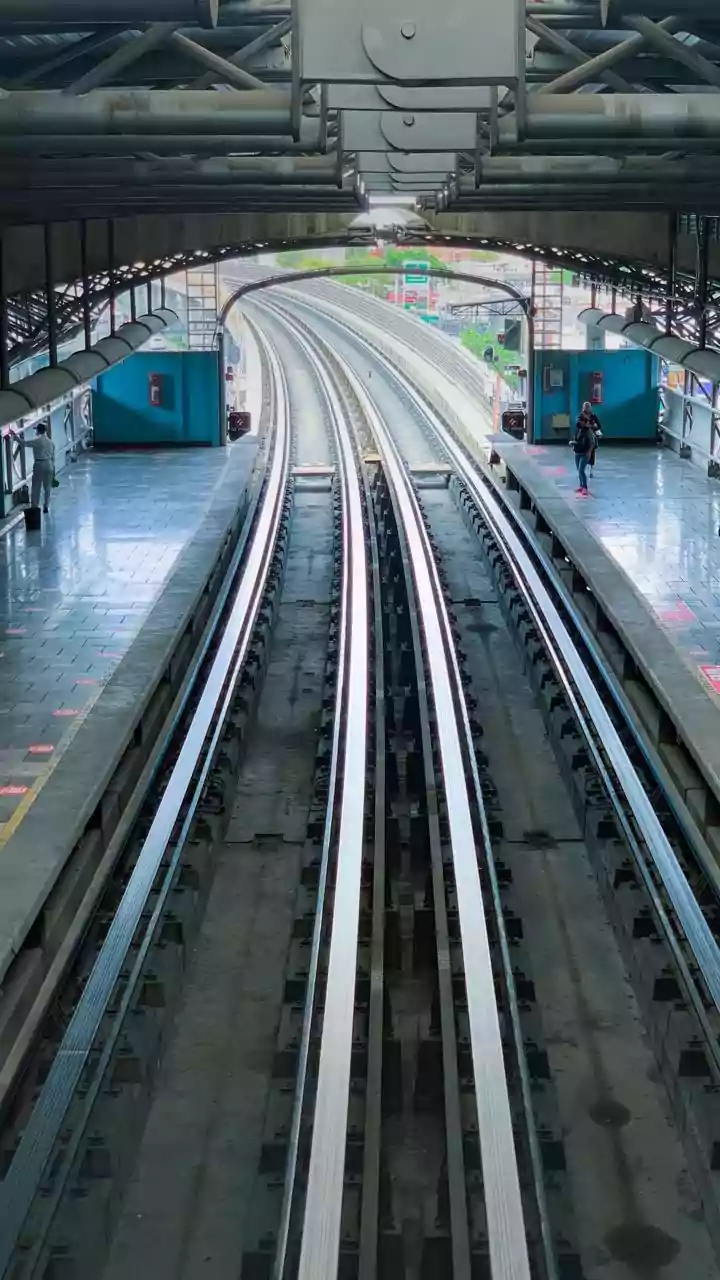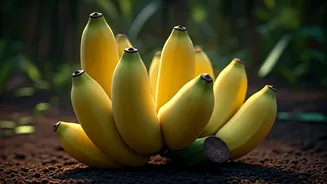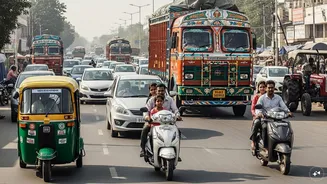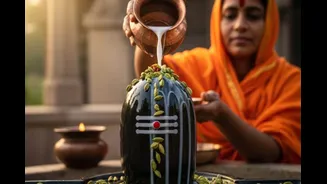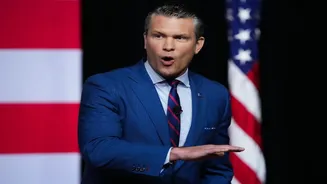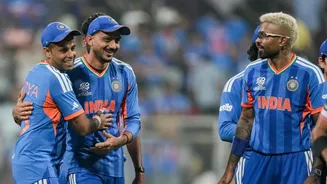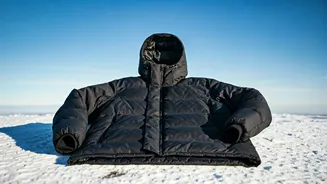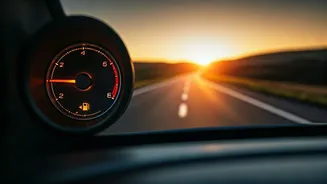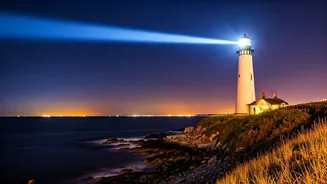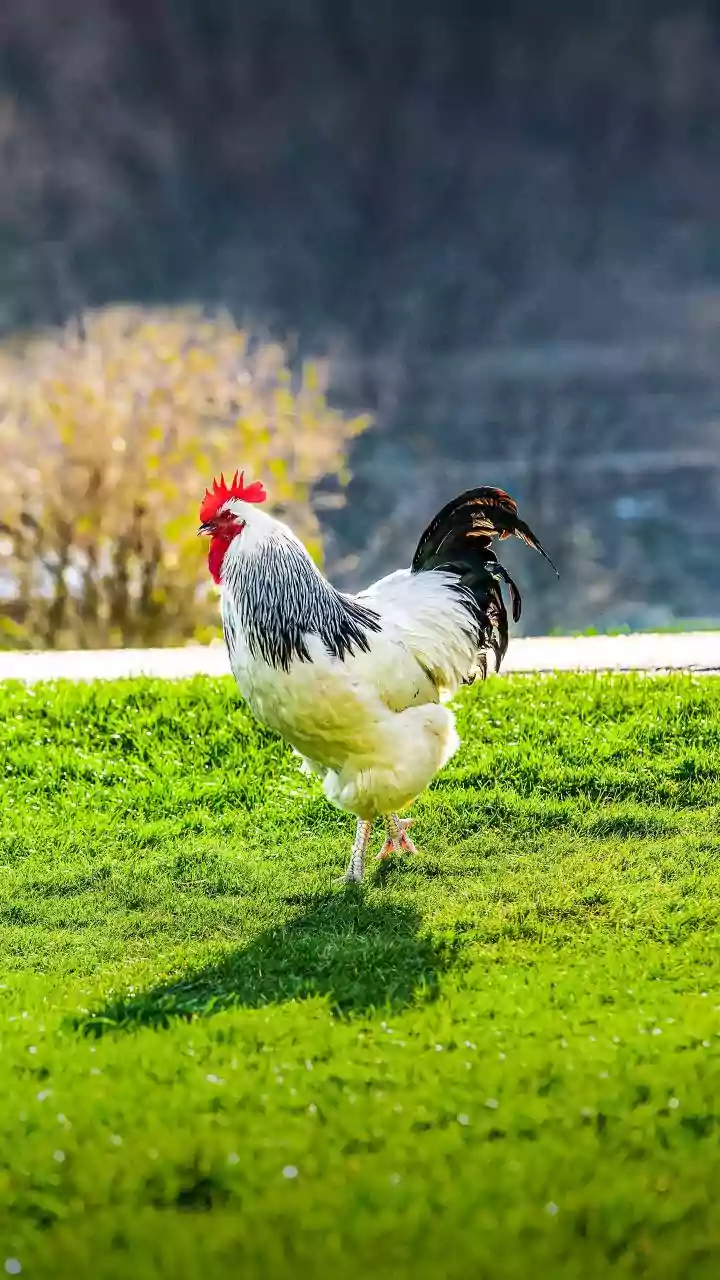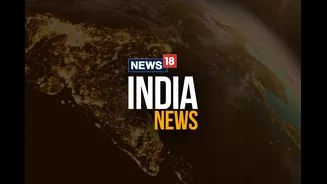What is the story about?
External Affairs Minister S Jaishankar on Thursday described India–Russia relationship as one of the most stable and enduring global partnerships since the end of the Second World War.
At a joint press briefing with Russian Foreign Minister Sergey Lavrov, External Affairs Minister S Jaishankar said, "India and Russia have been the steadiest of the major relationships in the world after the Second World War...."
Jaishankar, who arrived in Moscow following a round of trade and economic discussions with Russian Deputy Prime Minister Denis Manturov, said that the strategic partnership is not only rooted in history but also forward-looking.
Describing his meeting with Foreign Minister Sergey Lavrov as a chance to take stock of the broader India–Russia partnership, he said, "I look forward to an exchange of views on politics, on trade, on economics, investment, defence, science and technology, and of course people-to-people exchanges.”
Jaishankar underscored the depth and direction of India–Russia relations, pointing to high-level engagements like last year’s 22nd Annual Summit and recent follow-up talks in Kazan as key milestones in what he described as a “Special and Privileged Strategic Partnership.”
Preparations, he noted, are already underway for the next summit later this year.
Jaishankar also addressed mounting US criticism over India’s energy trade with Russia, saying, “We are not the biggest purchasers of Russian oil, that is China... the biggest purchasers of LNG, that is the European Union... We are a country where the Americans have said for the last few years that we should do everything to stabilise the world energy market, including buying oil from Russia... We also buy oil from the US, and that amount has increased. So honestly, we are very perplexed at the logic of the argument that you had referred to.”
Citing a string of recent visits by top Indian officials, National Security Advisor Ajit Doval, Union Minister Ashwini Vaishnaw, and NITI Aayog Vice Chairman Suman Bery, Jaishankar highlighted the strength and momentum in bilateral engagement across sectors.
Looking to the future, he said the India–Russia partnership must adapt to global shifts.
“We must align to the evolving geopolitical situation, the shifting economic and trade landscape, and our shared goal to maximise our complementarity,” he added.
Russian Foreign Minister Sergey Lavrov welcomed Jaishankar to Moscow and reaffirmed the strength of the strategic relationship, especially in the context of a changing global order.
“This is a multipolar system of international relations with an increasing role played by the SCO, BRICS and the G20... the United Nations remains a platform for cooperation, compromise and seeking agreement,” Lavrov said.
He added that Moscow supported “balanced approaches” and expressed hope for productive and forward-looking discussions.
With inputs from agencies
At a joint press briefing with Russian Foreign Minister Sergey Lavrov, External Affairs Minister S Jaishankar said, "India and Russia have been the steadiest of the major relationships in the world after the Second World War...."
Jaishankar, who arrived in Moscow following a round of trade and economic discussions with Russian Deputy Prime Minister Denis Manturov, said that the strategic partnership is not only rooted in history but also forward-looking.
Describing his meeting with Foreign Minister Sergey Lavrov as a chance to take stock of the broader India–Russia partnership, he said, "I look forward to an exchange of views on politics, on trade, on economics, investment, defence, science and technology, and of course people-to-people exchanges.”
Jaishankar underscored the depth and direction of India–Russia relations, pointing to high-level engagements like last year’s 22nd Annual Summit and recent follow-up talks in Kazan as key milestones in what he described as a “Special and Privileged Strategic Partnership.”
Preparations, he noted, are already underway for the next summit later this year.
Jaishankar also addressed mounting US criticism over India’s energy trade with Russia, saying, “We are not the biggest purchasers of Russian oil, that is China... the biggest purchasers of LNG, that is the European Union... We are a country where the Americans have said for the last few years that we should do everything to stabilise the world energy market, including buying oil from Russia... We also buy oil from the US, and that amount has increased. So honestly, we are very perplexed at the logic of the argument that you had referred to.”
Citing a string of recent visits by top Indian officials, National Security Advisor Ajit Doval, Union Minister Ashwini Vaishnaw, and NITI Aayog Vice Chairman Suman Bery, Jaishankar highlighted the strength and momentum in bilateral engagement across sectors.
Looking to the future, he said the India–Russia partnership must adapt to global shifts.
“We must align to the evolving geopolitical situation, the shifting economic and trade landscape, and our shared goal to maximise our complementarity,” he added.
Russian Foreign Minister Sergey Lavrov welcomed Jaishankar to Moscow and reaffirmed the strength of the strategic relationship, especially in the context of a changing global order.
“This is a multipolar system of international relations with an increasing role played by the SCO, BRICS and the G20... the United Nations remains a platform for cooperation, compromise and seeking agreement,” Lavrov said.
He added that Moscow supported “balanced approaches” and expressed hope for productive and forward-looking discussions.
With inputs from agencies
